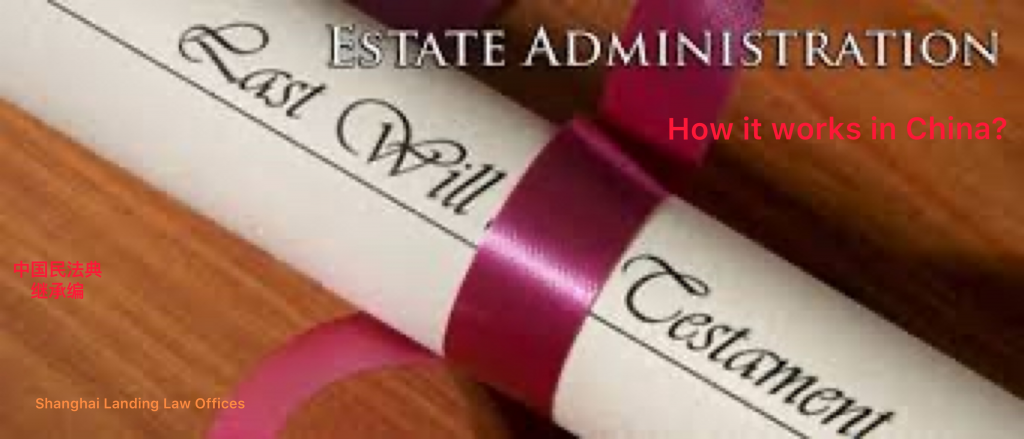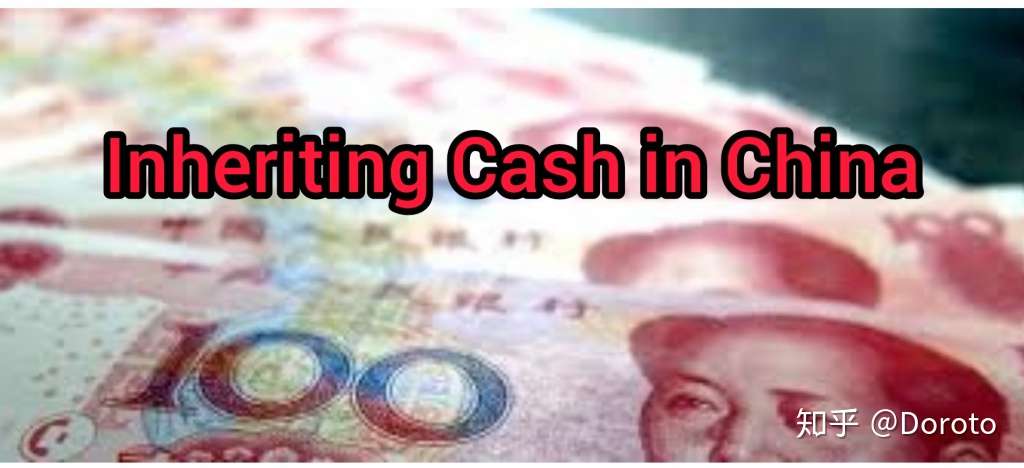I was referred to this judgment of UK court on the STEP Forum for UK practitioners.
It is interesting to see the problem arising in that case: a duly issued court decision by a UK court cannot be enforced in Montenegro simply because the UK court judgment failed to clearly describe the accurate address of the property in question.
I am a bit surprised by the fact that the UK court has not clearly stated the address of the property as well as their registration information (in most civil law countries, there is a title deed for each piece of properties) which is necessary to identify the property in question.
That leads me to think of a possible scenario where a UK courts or courts from other common law jurisdictions made a decision over properties in China.
What will happen then?
- Inability of Enforcing Foreign Court Judgments
In that case, Montenegro court considered the application of enforcing UK court decision, I believe there must be either a bilateral treaty or multilateral convention to which both UK and Montenegro are both parties. Unfortunately, China is not a party to any convention on enforcement courts judgments, and has very few bilateral treaties regarding enforcing foreign court judgments (but there are some for sure).
While China has the reciprocal rule under which China courts may enforce a foreign court judgment, the current status is that most foreign court judgments are not enforceable in China.
Consequently, when it comes to inheritance of estates in China, it is basically a waste of time for foreign courts to rule on
2. Unintended Tax Implications
China offers favorable tax treatments to statutory heirs who receive estates from their deceased family members. For example, statutory heirs receiving real properties don’t pay deed tax that are usually imposed on buyers of properties. On the other hand, China does not recognize trusts as a type of tax payers and there are no rules regarding taxation on trusts esp family trusts. In other words, when a property is transferred to trustees (under trusts created in foreign jurisdictions), unless the trustees are those of statutory heirs, they shall pay both deed tax and personal income tax. Such a transfer will be considered as a gift. The donee shall pay a personal income tax of 20% of the market value of the property.
That is not all. When the non-heir trustee sells the property for distribution, he or she will be paying more taxes.
We mentioned this tax risk in our past posts: be careful of your appointment of trustees for your China properties.
So when a China property is involved in the estate administration undertaken and carried out in a foreign jurisdiction, proper China advice shall be sought before taking any serious action. Most likely, a separate legal action will be needed in China either by way of inheritance right notarization or by litigation in China courts.






Comments